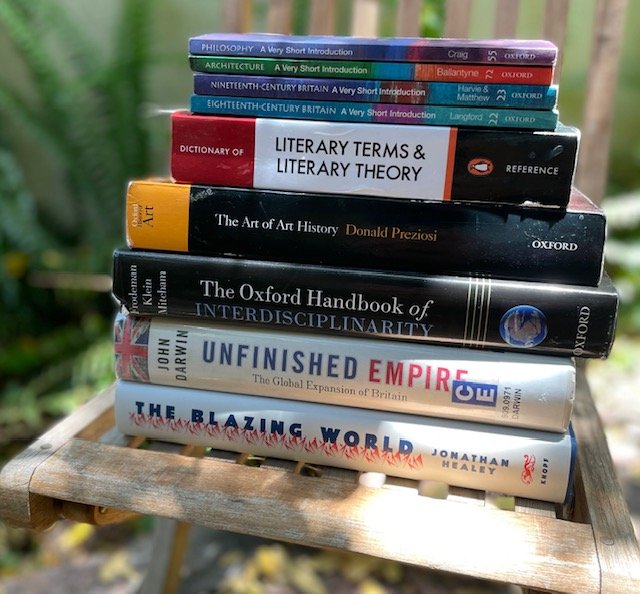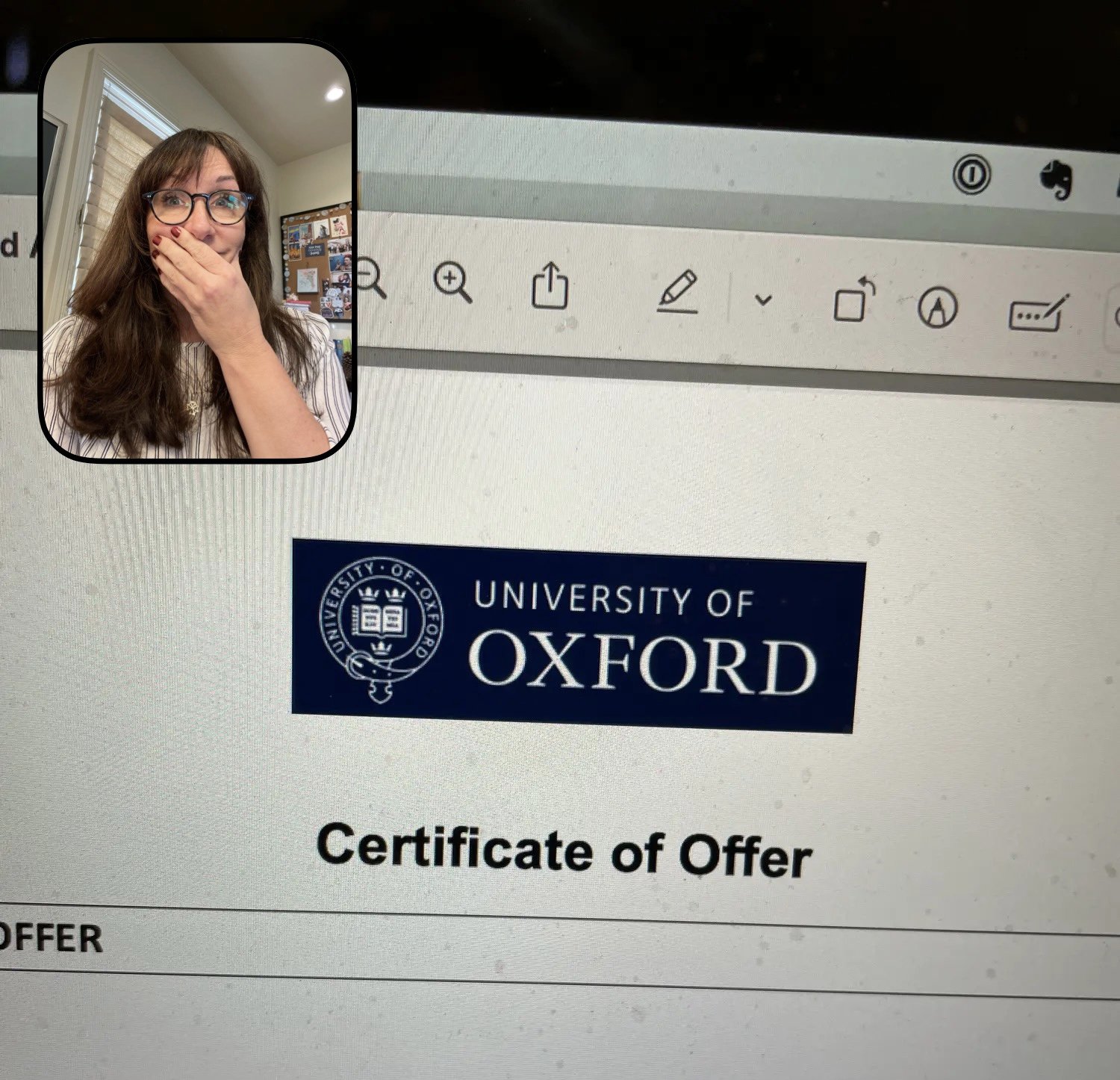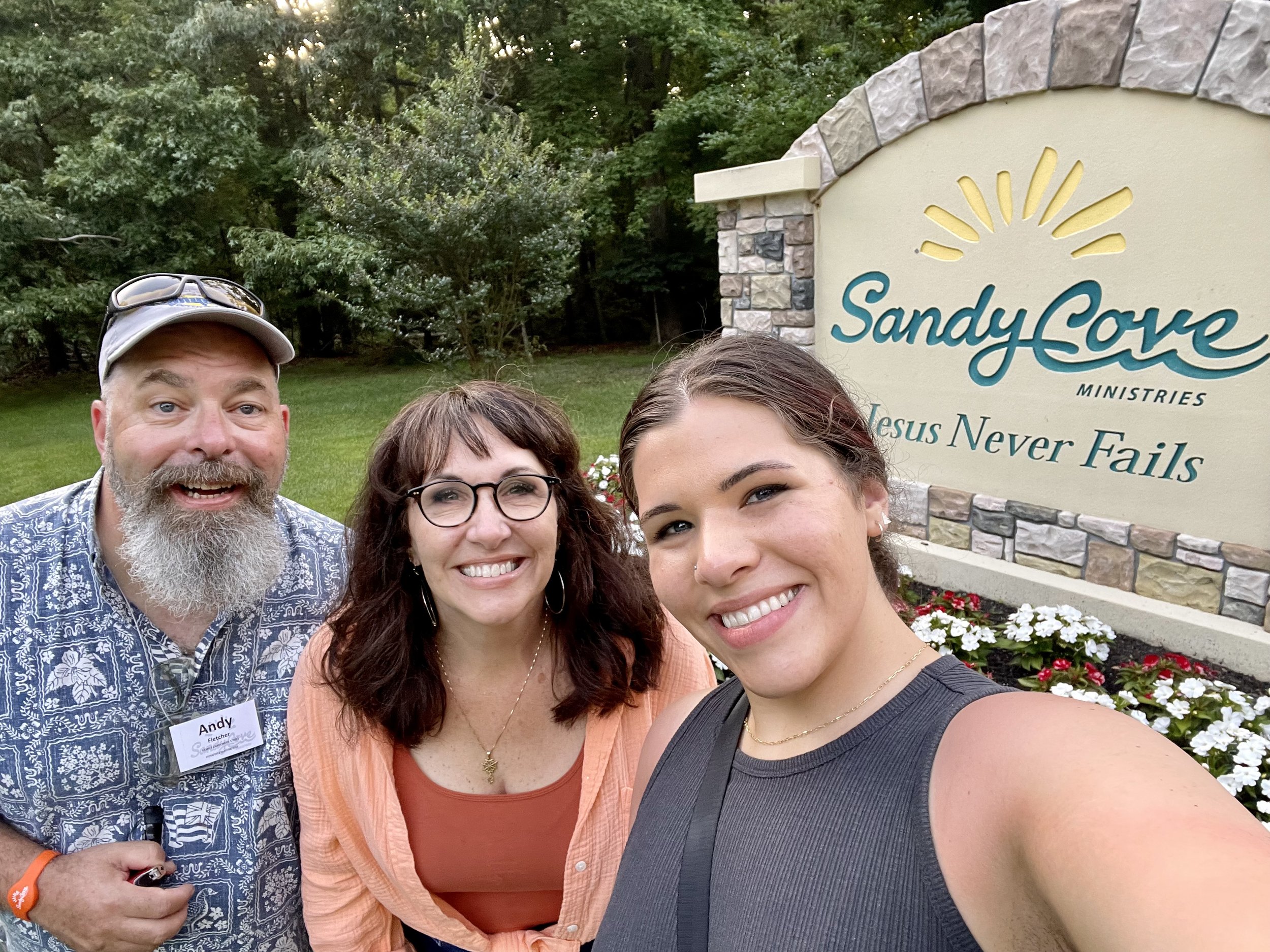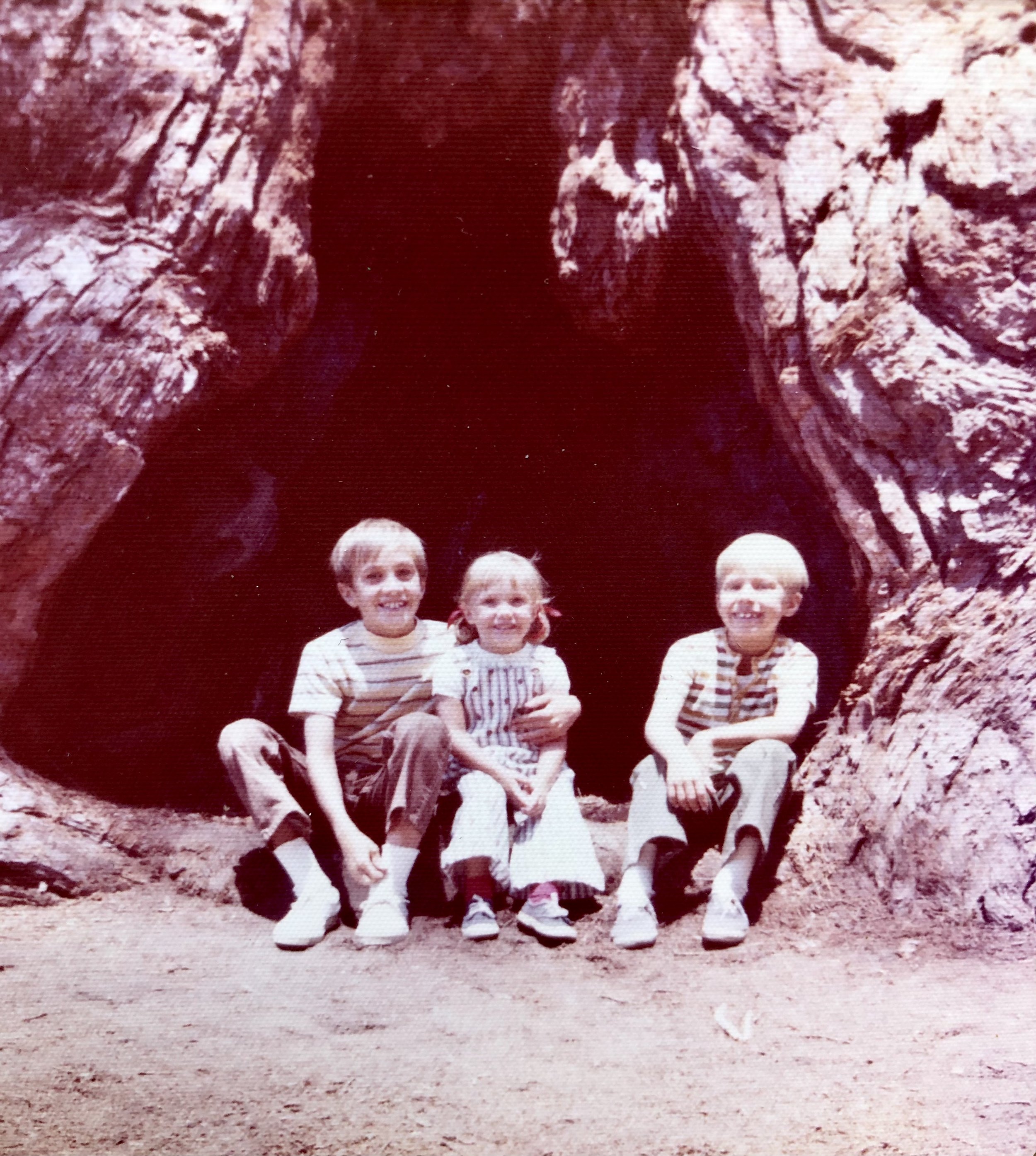I was compensated for my time reviewing this product. I received the product for free. All opinions are honest, and I was not required to post a positive review.
Kendall Hunt’s Pathways Heroes Focus for 6th Grade: Amos Fortune, Free Man
Many of my regular readers are home educators, and as you know, from time to time I share some of our homeschooling resources and best tricks with you.
I was super interested to get my hands on a copy of Kendall Hunt’s Pathways 2.0 Grade 6 Heroes Unit, Amos Fortune: Free Man because this is the year the 6th grader and I have been studying American history. He’s a reluctant reader (ahem), so I am always looking for solid lit guides that will engage him and get him into the story.
Amos Fortune, Free Man is a Newbury Medal winning book about an African man taken to America as a slave. This particular literature curriculum, Kendall Hunt Pathways 2.0 Grade 6 Heroes: Amos Fortune, Free Man is quite a mouthful! Let me break it down for you.
What You Need to Know About the Kendall Hunt Pathways Heroes: Amos Fortune, Free Man Curriculum
From the publisher website:
“Pathways 2.0 is a comprehensive elementary reading program with integrated language arts. This approach allows students to follow a variety of avenues to become readers, writers, and learners. Organized around broad themes and a scope and sequence of skills, Pathways 2.0 uses award-winning trade books that children want to read to deliver the skills that they need.”
The full curriculum includes a hardcover copy of Amos Fortune, Free Man and an ebook version of the Teacher Daily Lesson Guide. Score for the homeschooler who doesn’t have a lot of shelf space; I love printing only what I need from an ebook format.
The curriculum is designed for a classroom setting. This can typically be seen as a negative for me, because it means I have to wade through the classroom management sections, the group activities that can’t be replicated with my one student in a homeschool setting, and a litany of standards guidelines, irrelevant to our family.
In this case, I didn’t find it difficult to pick out what would be most useful or helpful. I simply made notes about what I wanted to cover and circled the pages to print copies and use as a worksheet where applicable.
The curriculum is more than just a literature guide. In addition to questions about the text, the Teacher Daily Lesson Guide offers vocabulary, spelling, writing mini-lessons, independent writing exercises, handwriting practice, and grammar mini-lessons. There are also opportunities for interactive read-alouds. As a homeschooler, I see this as a benefit. While we might not need spelling practice, the option to use it is great as we pass down curriculum to a child who might.
For us, there were important lessons and worksheets that taught my son to RACE: Restate the question, Answer the question and all its parts, Cite evidence from the text, and Explain the evidence. He is continuing to use this as we’ve moved on to other studies.
He also learned to skim a non-fiction passage for the main idea, how to recognize denotative and connotative meanings, and how to spot allusions.
As of this writing, the package (book and teachers guide) is priced at $40.
About Kendall Hunt Publishing
Kendall Hunt is an Adventist curriculum publisher. The Teacher Daily Lesson Guide references an Adventist worldview, but as a non-Adventist, I did not find it to be an issue or to conflict with our own views of Scripture and faith. More on how the topic of Adventism shows up in the curriculum later, but for now you might want to be familiar with the faith connections made in the Teacher Daily Lesson Guide:
Unit Essential Question: What can we learn from heroes that will enable us to be heroes for God?
Unit Big Idea: God uses heroes to reveal who he is.
The Faith-Based Worldview of Kendall Hunt Pathways Heroes
If you’re curious as to how that plays out in this particular curriculum, the publisher has given us an explanation of the Adventist Worldview:
Out of this meta-narrative of Scripture, the publisher has given us thoughtful questions to ask our students as they read the text, in this case, Amos Fortune, Free Man. I appreciated the focus on the faith of the story’s main character and was able to enter into some thoughtful conversations with my 6th grader using the chapter questions as a guide.
Occasionally there would be some Adventist-specific questions, but I found it easy to skim past them or to engage my son in a discussion about differing practices and beliefs within Christianity. This is one of the reasons we so value homeschooling, so we don’t shy away from educating our kids on the differences amongst believers.
By way of example, the following questions are posed in the section covering chapter 4 of Amos Fortune, Free Man:
Is your view of the Sabbath more like the white people’s view (it was a day of many rules) or more like Amos’s view? Explain your answer.
Some students will feel that Sabbath is a day full of “thou shalt nots”, and some students may not observe Sabbath. This is an excellent opportunity to teach students the joys of Sabbath observance and to allow the students who already have that understanding to share the Sabbath celebrations of their families. It is also a good time to share with students that loving God makes it possible to follow Sabbath observance out of our desire to spend time with Him.
For us, the language about Sabbath isn’t common in our faith community, and it was how I was tipped off to Kendall Hunt’s faith background. But the questions are really good, and we personally wouldn’t avoid having such a meaningful discussion with our own students. It’s your call.
How the Kendall Hunt Pathways Heroes: Amos Fortune, Free Man is a Benefit to a Christian Homeschool
As you well know, good literature has the power to transform our thinking and positively affect the way we view the world. By choosing solid books such as Amos Fortune, Free Man and providing a thoughtfully written guide, Kendall Hunt is empowering the home educator to encourage our kids to be thinkers and world changers.
As a homeschooling mom of many (as in, my 6th grader is our 7th homeschooler), I appreciate curriculum that I can grab, quickly make a plan to implement, and go.
You can see all of the titles in the Kendall Hunt Pathways Series here.




















